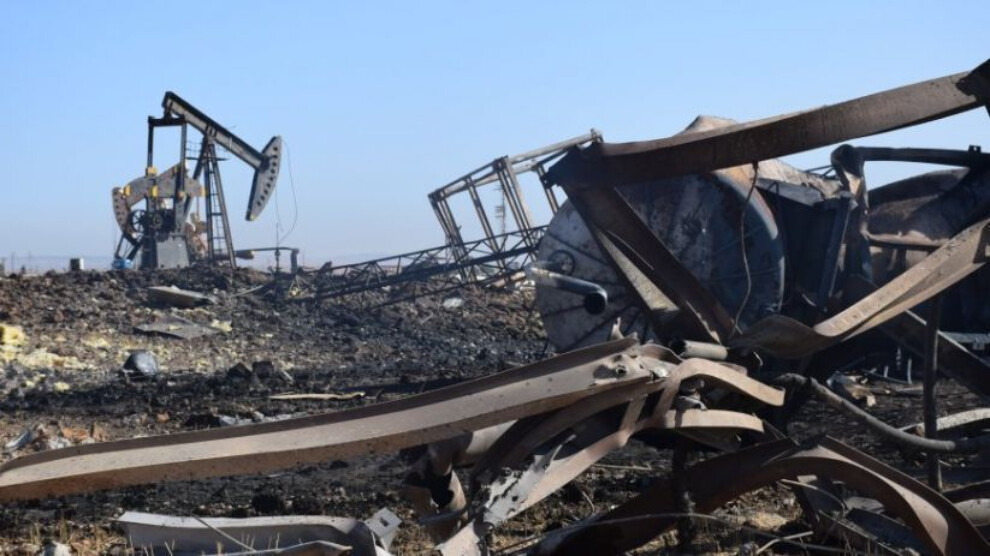HRW: Turkish attacks on NE Syria exacerbate humanitarian crisis
Human Rights Watch (HRW) said on Thursday that the recent Turkish drone strikes on Kurdish-held areas of northeast Syria exacerbate the ongoing humanitarian crisis for millions.

News Center- The Human Rights Watch (HRW) has released a report regarding the Turkish attacks on North and East Syria between October 5 and October 10, 2023.
The report includes the information given by the Autonomous Administration of North and East Syria (AANES) and civic groups. The strikes on more than 150 locations in north and east Syria in the governorates of al-Hasakeh, Raqqa, and Aleppo, killed dozens of people including civilians, and damaged civilian structures, according to civic groups. According to the AANES, damage to infrastructure caused by attacks that took place between October 5 and 10 impacted an estimated 4.3 million people in northeast Syria with at least 18 water pumping stations and 11 power stations rendered non-operational.
“The people in the region, already facing a severe water crisis, now also bear the brunt of increased bombardment, exacerbating their struggle to get essential water supplies,” the report said.
Not first intentional attack
The report also said, “The October 2023 strikes are also not the first time Turkey appears to have intentionally targeted civilian infrastructure. Airstrikes in November 2022 also inflicted damage on densely populated areas and critical infrastructure. Turkey should urgently stop targeting critical infrastructure necessary for residents’ rights and well-being, including power and water stations.”
“By targeting critical infrastructure across northeast Syria, including power and water stations, Turkey has flouted its responsibility to ensure that its military actions do not aggravate the region's already dire humanitarian crisis,” said Adam Coogle, deputy Middle East director at Human Rights Watch. “People in al-Hasakeh city and its surroundings, already facing a severe water crisis for the past four years, must now also bear the brunt of increased bombardment and destruction, exacerbating their struggle to get essential water supplies.”
